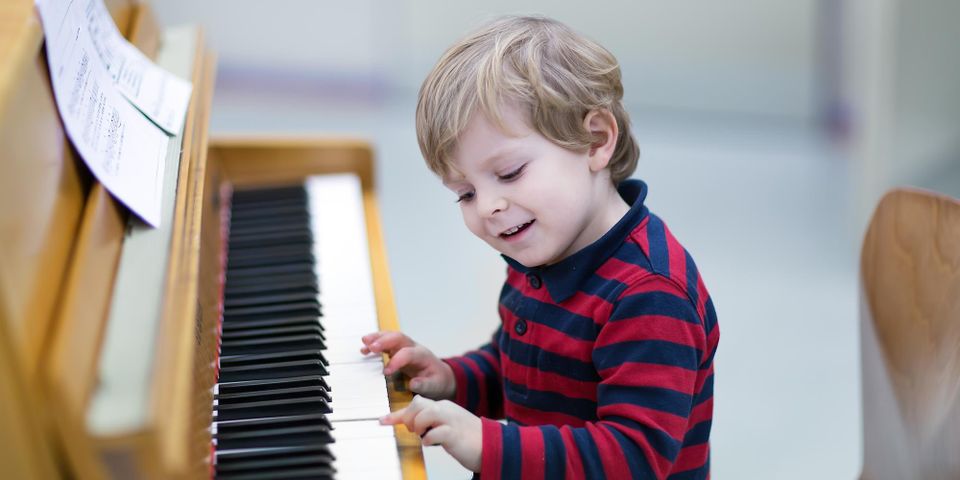
Signing your child up for music lessons can be an investment in the future. Not only may they discover a new passion, but they will simultaneously develop skills that will affect other areas of their life. The guide below looks at some of the positive changes you might observe.
How Learning to Play Music Boosts Children's Early Development
1. Improved IQ
According to some studies, music lessons may improve the IQ of both children and adults by up to seven points. This is because, when learning to play an instrument, the parts of the brain that are associated with motor skills, hearing, and memory enlargen.
Furthermore, learning how to discern between different rhythms, pitches, and speeds enhances pattern recognition, which can specifically aid their mathematical skills.
2. Enhanced Concentration
 Learning to play the piano or the violin requires dedication and focus. From learning to read music to the correct hand placement, they’ll gain a sense of self-achievement each time they can observe a notable improvement in their performance.
Learning to play the piano or the violin requires dedication and focus. From learning to read music to the correct hand placement, they’ll gain a sense of self-achievement each time they can observe a notable improvement in their performance.
This habit of breaking down tasks and then achieving them through practice can then be applied to their other studies. It can also help their ability to multi-task.
3. Better Social Skills
Music is often played in groups or ensembles, like bands or orchestras. Learning how to play an instrument or sing in a group will allow them the opportunity to make friends and gain valuable social skills that could last them throughout their life. During performances, they will also gain confidence in front of a crowd.
If you’re interested in enrolling your child in music lessons, turn to Music & Dance Academy in Tucson, AZ. For over 20 years, this school has worked with children to help them learn how to express themselves through dance and music. Students can choose from an array of instruments from trumpets to drums to their own voice. For more information, call them at (520) 327-2303 or visit them online.
About the Business
Have a question? Ask the experts!
Send your question

